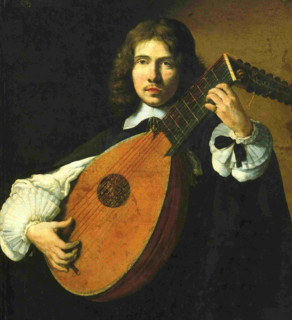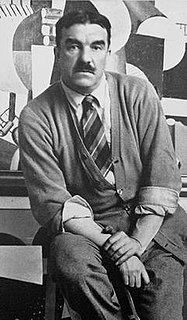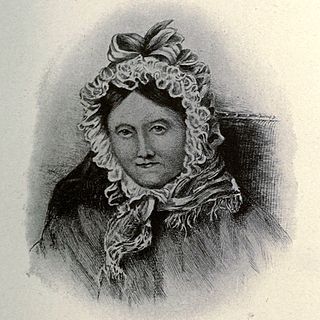A Quote by Thomas Campion
Let now the chimneys blaze And cups o’erflow with wine... The summer hath his joys, And winter his delights; Though love and all his pleasures are but toys, They shorten tedious nights.
Related Quotes
Walking the streets on winter nights kept him warm, despite the cold nocturnal passions of uprising winds. His footsteps led between trade-marked houses, two up and two down, with digital chimneys like pigs' tits on the rooftops sending up heat and smoke into the cold trough of a windy sky. Stars hid like snipers, taking aim now and again when clouds gave them a loophole. Winter was an easy time for him to hide his secrets, for each dark street patted his shoulder and became a friend, and the gaseous eye of each lamp glowed unwinking as he passed.
Let us look upon a crucified Christ, the remedy of all our miseries. His cross hath procured a crown, his passion hath expiated our transgression. His death hath disarmed the law, his blood hath washed a believer's soul. This death is the destruction of our enemies, the spring of our happiness, and the eternal testimony of divine love.
He loved me. He'd loved me as long as he he'd known me! I hadn't loved him as long perhaps, but now I loved him equally well, or better. I loved his laugh, his handwriting, his steady gaze, his honorableness, his freckles, his appreciation of my jokes, his hands, his determination that I should know the worst of him. And, most of all, shameful though it might be, I loved his love for me.
A man is known by the books he reads, by the company he keeps, by the praise he gives, by his dress, by his tastes, by his distastes, by the stories he tells, by his gait, by the notion of his eye, by the look of his house, of his chamber; for nothing on earth is solitary but every thing hath affinities infinite.
All the delights of sense, or heart, or intellect, with which you could once have tempted him, even the delights of virtue itself, now seem to him in comparison but as the half nauseous attractions of a raddled harlot would seem to a man who hears that his true beloved whom he has loved all his life and whom he had believed to be dead is alive and even now at his door.
Creatures are cups. The sciences and the arts and all branches of knowledge are inscriptions around the outside of the cups. When a cup shatters, the writing can no longer be read. The wine's the thing! The wine that's held in the mold of these physical cups. Drink the wine and know what lasts and what to love. The man who truly asks must be sure of two things: One, that he's mistaken in what he's doing or thinking now. And two, that there is a wisdom he doesn't know yet. Asking is half of knowing.







































